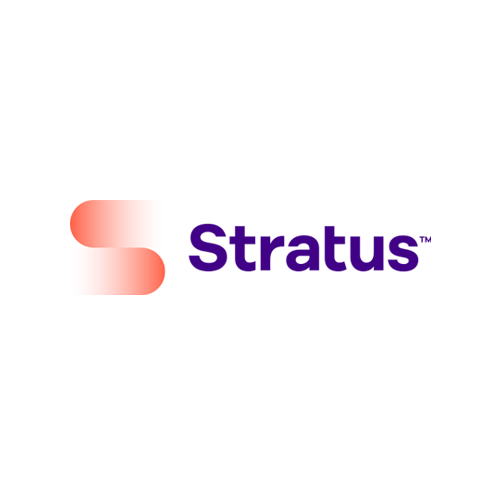Buyouts
Mid-Market Deal of the Year: Vestar Capital Partners and Edward Don & Co
By Gregg Gethard
Published April 1, 2024
Vestar Capital Partners’ exit of foodservice equipment and services distributor Edward Don & Co was a rarity this past year, not just because of its sterling financial results, but also because it was acquired by a publicly traded strategic investor. According to sources familiar with the deal, wholesale food distributor Sysco acquired Edward Don for $1 billion, reflective of more than 3.5x growth in the company’s enterprise value. What made Vestar’s investment in Edward Don so successful and unique?
Find a family business
Vestar managing director and co-head of investment Nikhil Bhat says the manager took the steps to first identify a well-known company, followed by providing resources to Edward Don’s well-regarded CEO, Steve Don, whose family started the company in 1921.
Essentially, Vestar found a successful family business and kept it a family business, and then focused on growth after its investment in 2017.
According to Vestar, it acquired Edward Don through Vestar Capital Partners VI, which closed on $814 million in 2013.
“We want to invest in management teams who know how to grow their business. We provide them with more capital and our know-how to allow them to do what they want to do,” says Rob Rosner, Founding Partner at Vestar.
Edward Don’s motto of “Everything but the food” reflects its expertise in providing supplies like glassware, plates, tablecloths and more to its customer base of restaurants, hotels, healthcare facilities and similar entities.
According to Bhat, Edward Don showed strong organic growth due to Steve Don’s skills as an operator, in addition to his great relationships with customers and vendors, which continued after Vestar’s investment.
But the company lacked a presence in certain regions of the country, allowing it to target add-on companies in the Pacific Northwest and elsewhere on the West Coast.
The company had not grown through acquisitions before Vestar’s investment, Bhat says.
“We and Steve saw Edward Don as a strong platform for M&A. The company already had deep relationships with smaller family-owned businesses in the industry. We came in with capital and a playbook for analyzing and structuring accretive acquisitions,” Bhat says.
Add-ons during Vestar’s ownership included Myers Restaurant Supply, Shervan Colonel Equipment, Atlanta Fixture & Sales Co and Smith & Greene.
Pandemic effects
Every company even remotely connected to the foodservices industry faced fierce headwinds during the 2020 pandemic and resulting social shutdown. Bhat says Edward Don didn’t just manage to survive the pandemic, but its quick pivoting set it up for future success.
“Performance during the pandemic was a testament to management’s operational and strategic leadership. Demand significantly declined as people stopped dining indoors. Customers stopped buying glasses and plates, shifting their spend to hand sanitizer and takeout containers,” Bhat says.
Understanding this shift allowed Edward Don to still deliver for its customers while protecting its balance sheet and cashflow, avoiding having to do a “slash and burn” to maintain stability and preserving its capital, according to Bhat.
Then once dining restrictions were lifted nationwide, Edward Don had enough dry powder and capacity to meet the overnight demand from its customers.
“Management’s careful planning gave Edward Don the ability to be aggressive when customer demand was coming back. The company was able to overservice and overdeliver by investing ahead of the curve. If we had waited a few months longer, the company might have missed a big part of the resurgence,” Bhat says.
Edward Don was also in place to weather the struggle to find drivers and warehouse operators once restrictions were lifted – along with the increased wages potential employees were seeking for their efforts.
Bhat says the company’s strong culture, while keeping an eye on adding efficiencies for its existing labor pool and infrastructure, helped Edward Don attract talent.
“The company could have pulled back more on hiring. But we believe that would have been penny wise and pound foolish. You might protect EBITDA for a month or a quarter, but that doesn’t help your customers. Edward Don took a long-term view and knew it needed to maintain its investment in people and logistics infrastructure to service its customers,” Bhat says.
Vestar certainly helped the company grow its business – sources familiar with Edward Don say the firm’s EBITDA grew nearly 3x.
But, more importantly, Vestar changed the company’s story. This new narrative brought it to the attention of Sysco – a $39.8 billion giant in the adjacent food distribution industry.
“We’ve always endeavored that, in addition to growing earnings, we want to create a before-and-after picture for our investments. By the time we were looking to exit, there was a clear change in the profile of the company prior to our involvement,” Bhat says.


